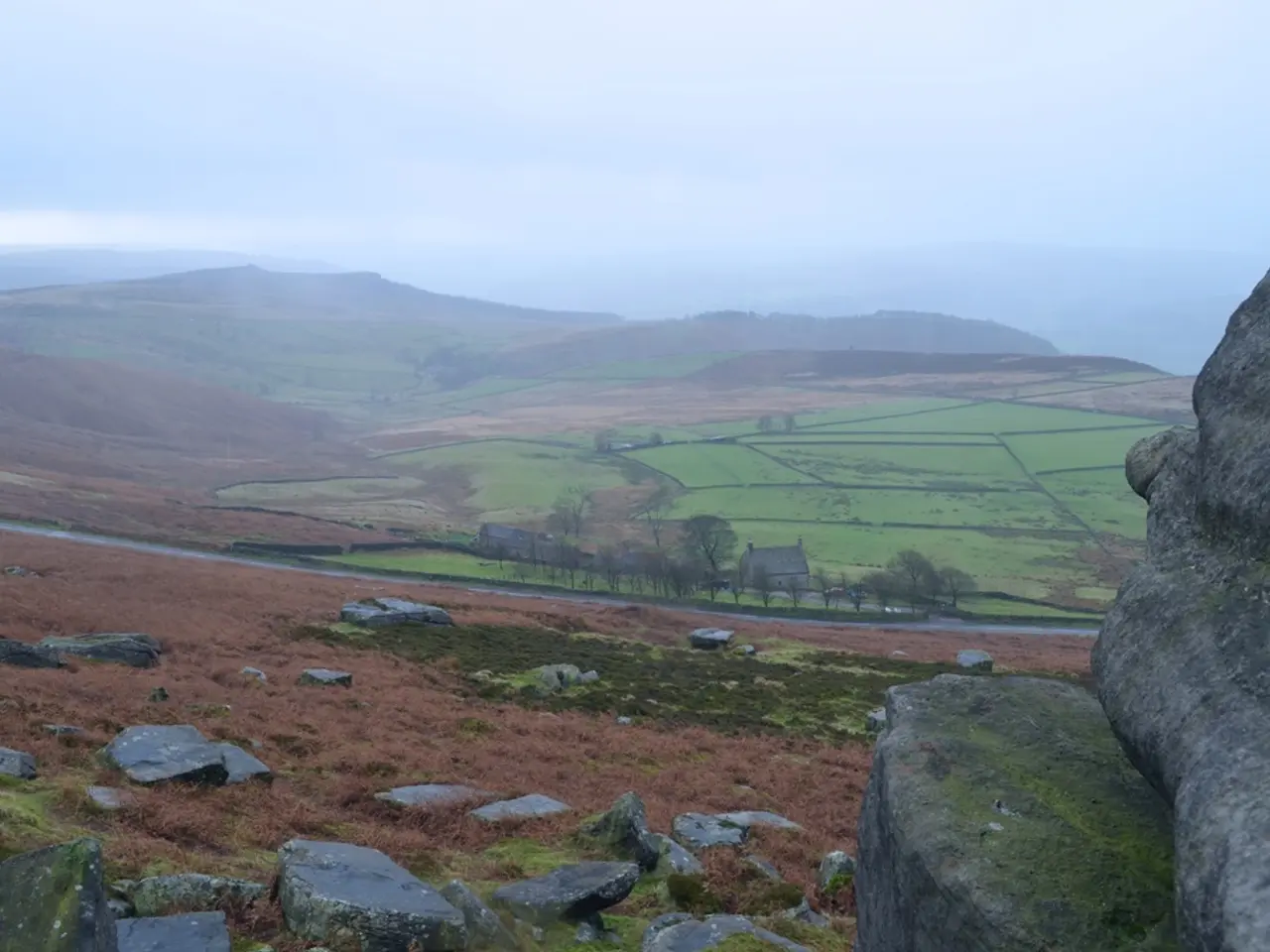Exploring the centuries-old Enigma: The Elusive Legend of the Ancient City of El Dorado
For centuries, the legend of El Dorado has captivated the imagination of treasure hunters, historians, and adventurers alike. This powerful symbol of human ambition, curiosity, and the relentless pursuit of knowledge continues to endure, inspiring modern-day explorers who embark on expeditions in search of hidden riches and lost cities, using advanced technologies.
The origins of the legend can be traced back to the pre-Columbian Muisca civilization in modern-day Colombia. The Muisca people had a ritual where their leader was covered in gold dust and submerged into Lake Guatavita, a practice that fueled stories of a mythical city overflowing with gold, silver, and precious gems.
One of the earliest recorded expeditions in search of El Dorado was led by Pedro de Ursúa in the 16th century. Although his journey did not result in the discovery of the fabled city, it was dramatized in Carlos Saura's film "El Dorado" (1988).
Francisco Pizarro, who aimed to conquer rather than find El Dorado, played a significant role in the European vision of the legendary city. His expeditions down the west coast of South America led to the downfall of the Inca Empire, a civilization reputed to have vast amounts of gold. Pizarro's capture of Inca Emperor Atahualpa marked a turning point that enabled Spanish control over Peru and further fueled myths about untold wealth associated with El Dorado.
Antonio de Berrio, among the first explorers to persistently try to locate El Dorado, made multiple attempts in the Colombian and Venezuelan regions. Despite these efforts, Berrio ultimately failed to find El Dorado.
Sir Walter Raleigh, favored by Queen Elizabeth I, led English expeditions into the Guiana region, motivated by the El Dorado myth. Unlike Spanish explorers, Raleigh believed that forming alliances with native peoples could help locate the city. Although Raleigh came arguably closer than many Spanish explorers, his attempts ended without finding El Dorado.
Despite the lack of success in finding El Dorado, these expeditions led to geographical mapping and settlements in remote parts of South America, contact and often conflict with indigenous peoples, and indirectly contributed to the conquest and colonization of vast territories. They also fueled further European myths and obsession with mysterious lost gold cities, frequently ending in disaster, hardship, or failure due to harsh climate, terrain, and logistical challenges.
In summary, the search for El Dorado spurred numerous significant but ultimately fruitless expeditions by Spanish and English explorers in the 16th century, enriching European knowledge of South America but never uncovering the legendary city of gold. Today, the spirit of El Dorado lives on in destinations like the lush rainforests of the Amazon and the stunning vistas of the Andean mountains, as well as in the realm of ecotourism, where travelers seek out the breathtaking landscapes and vibrant cultures associated with the legend.
References: [1] Fagan, Brian M. (2004). El Dorado: A Cultural History of the Myth of the Lost City. Basic Books. [2] Hemming, John (2003). Conquest: Cortés, Montezuma, and the Fall of Old Mexico. HarperCollins. [3] Mills, James D. (2004). El Dorado: The Search for the Lost City of Gold. Wiley. [4] Restrepo, Jorge (2011). El Dorado: The Legend of the Lost City of Gold. University Press of Colorado. [5] Thorne, James (2008). The Lost City of Z: A Tale of Deadly Obsession in the Amazon. Doubleday.
Lost cities continue to captivate the imagination of modern-day explorers, with El Dorado being a prominent example. This legendary city, steeped in mysteries from the pre-Columbian Muisca civilization, has drawn the attention of historians, treasure hunters, and adventurers since the 16th century. Fashion-and-beauty, food-and-drink, and lifestyle aspirations associated with this legendary wealth can be seen today in the realms of ecotourism, as travelers seek out the breathtaking landscapes and vibrant cultures linked to the legend, echoing the relentless pursuit of knowledge demonstrated by early explorers like Sir Walter Raleigh.




